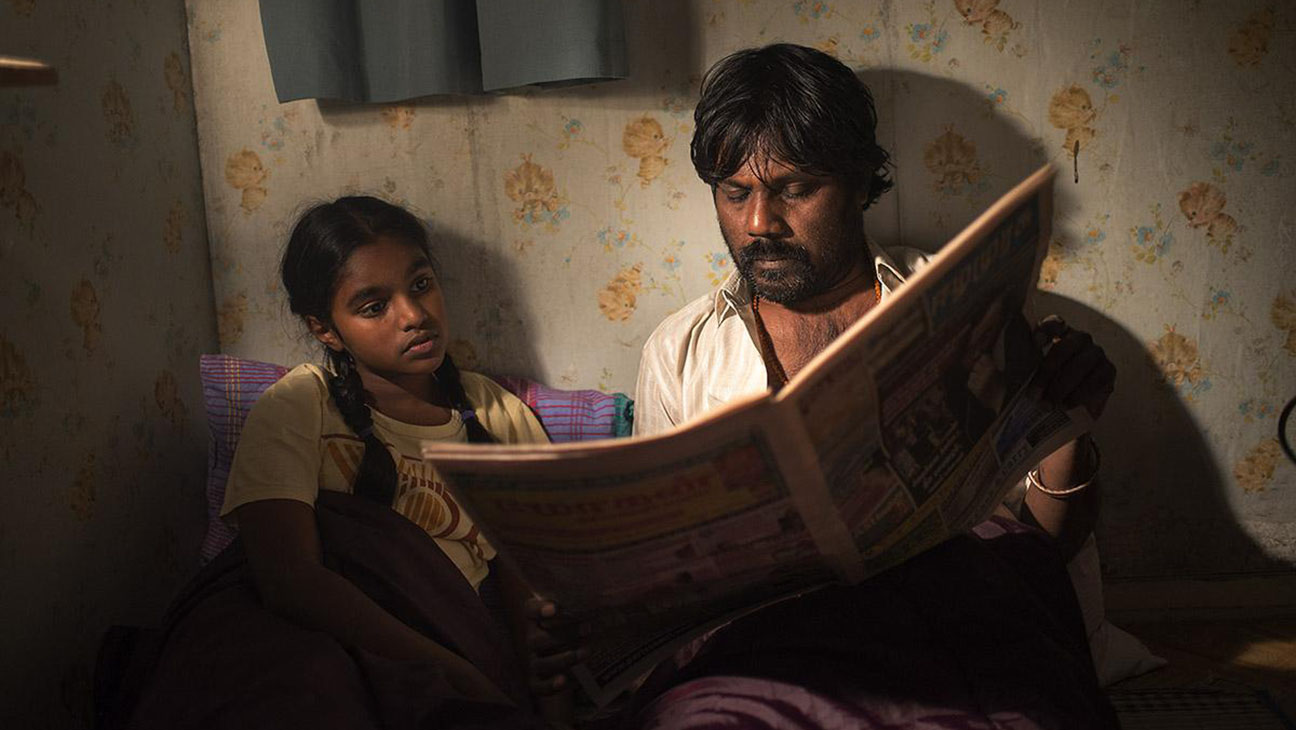The plight of refugees is dauntingly hard to comprehend for the majority of Japanese who have been brought up believing they live in a racially homogeneous nation. (Let's reserve the falseness of this belief for another story.)
Eri Ishikawa, chair of the board of the Japan Association for Refugees, worries that this lack of awareness about the complexities of a multinational society is why French director Jacques Audiard's new film, "Dheepan," may not be the best vehicle for spreading open-mindedness and acceptance in Japan when it comes to immigrants.
"Dheepan," which won the Palme d'Or at the Cannes Film Festival last year, tells the tale of the eponymous Sri Lankan Tamil Tiger soldier (Antonythasan Jesuthasan) and the woman and 9-year-old girl he flees to Paris with at the end of the Sri Lankan civil war. Dheepan barely knows the woman, Yalini (Kalieaswari Srinivasan), but they understand that masquerading as a family will raise their chances of gaining entry to France as political refugees. Realizing a child would make their situation seem more believable, Yalini plucks orphaned girl Illayaal (Claudine Vinasithamby) out of a Sri Lankan refugee camp before they leave. The three strangers, armed with false passports and a French dictionary, attempt to start life anew in a society completely foreign to them. Their only hope at this point is to stick together, find jobs and somehow move on with their lives.



